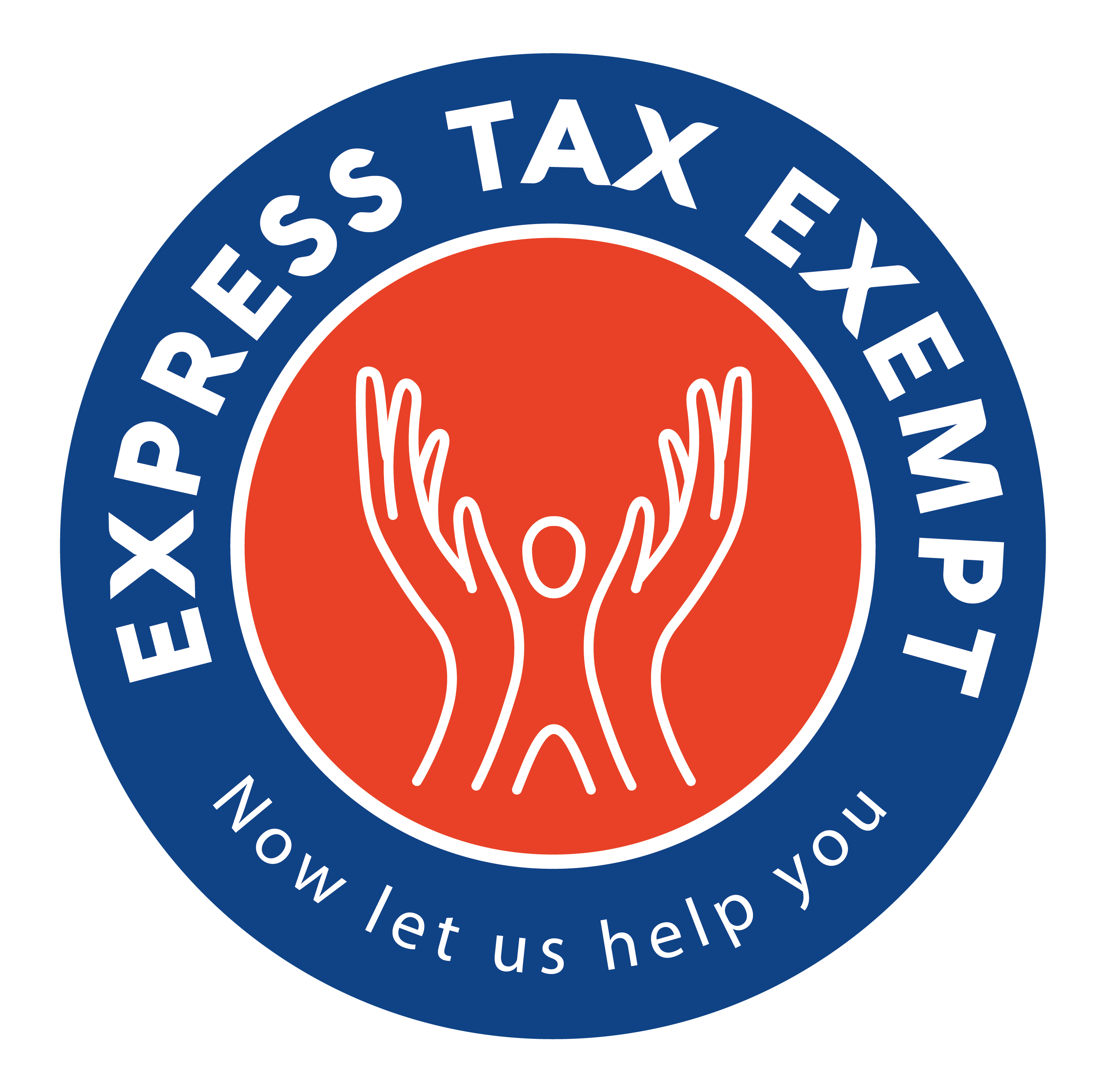Does Your Charity Qualify for 501(c)(3) Tax-Exemption?
You’ve been busy putting a lot of work into your charity and your community is improving by the day as a result! Now, it’s time to take the next big step and establish your charity as a tax-exempt organization with the IRS.
What Makes a Charity?
A charity, you may know, is an organization set up to provide help or raise money for those in need. Charities that can apply for 501(c)(3) tax-exempt status through the IRS are considered to be public charities. These charities typically include ones that
- -Are churches, hospitals, or are qualified medical research organizations associated with hospitals or schools
- -Have an active fundraising program and receive contributions from multiple sources
- -Receive income from activities related to or that further the organization’s exempt purpose(s)
- -Actively function in a supporting relationship to at least one existing public charity
How Do I Know If My Charity Qualifies for Tax-Exempt Status?
To qualify for 501(c)(3) tax-exempt status as a public charity, there are two key requirements:
- 1. Your group must be organized as a corporation, trust, or unincorporated association.
- 2. Your group must permanently dedicate its assets to its exempt purposes while furthering one or more of those purposes, which must be stated in your organization document.
Basically, in order to qualify for tax-exempt status, your charity needs to be organized and operating solely for the exempt purposes outlined in your organization’s documentation. Nothing that the organization earns can go to a private shareholder or individual. Additionally, for 501(c)(3) tax-exempt status, your organization must not act for or as a political organization to influence legislation.
How Do I Apply for Tax-Exempt Status?
You can apply for 501(c)(3) tax-exempt status with the IRS by filing Form 1023, Application for Recognition of Exemption. And all applicants, unless otherwise directed by the application or IRS, must complete Parts I through XI of Form 1023 and include an additional schedules or attachments required. Once you’ve applied for 501(c)(3) status and the IRS has assessed your application, they’ll send you a letter telling you whether your application was approved and what your next steps as a tax-exempt organization are!
You are still required to report to the IRS each year some financial details, even as a tax-exempt status, to ensure your funds are still being used to further your tax-exempt purpose(s). Depending on your total gross receipts for the year, as a public charity you’ll file one of the following 990 Forms:
- –990 Long Form, filed by organizations that receive at least $200,000 in gross receipts or have total assets equalling or exceeding $500,000
- –990-EZ Form, filed by organizations that receive between $50,000 and $200,000 in gross receipts or whose total assets are fewer than $500,000
- –990-N Form, or the e-Postcard, filed by organizations that receive less than $50,000 in gross receipts
And if you’re at the point in your tax-exempt journey where you need to file Form 990, we can help! ExpressTaxExempt has helped e-file more than 100,000 990 Forms easily and efficiently! Click here to get started creating your very own account or contact our all-star, US-based support team to answer any nonprofit questions you may have!



